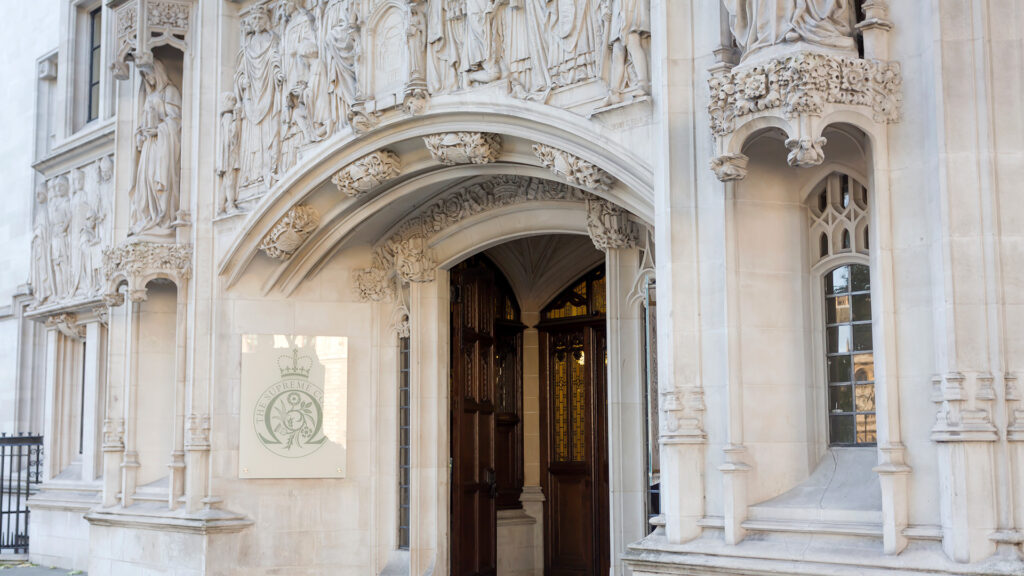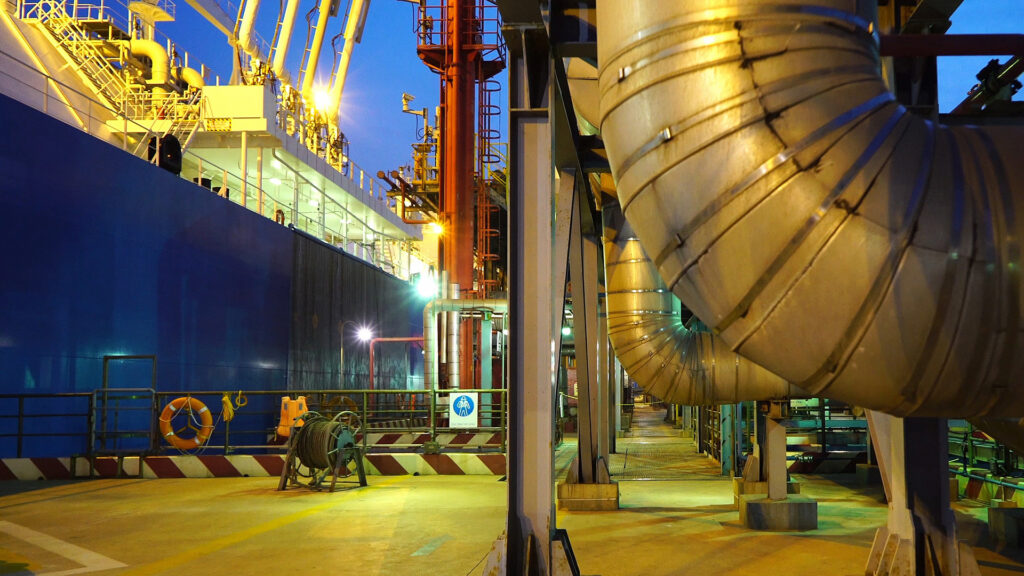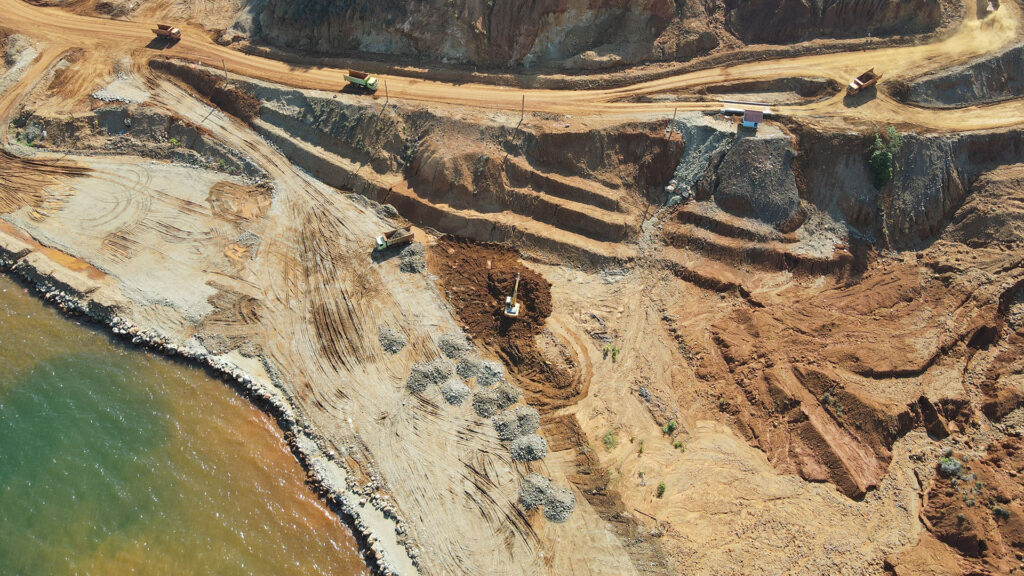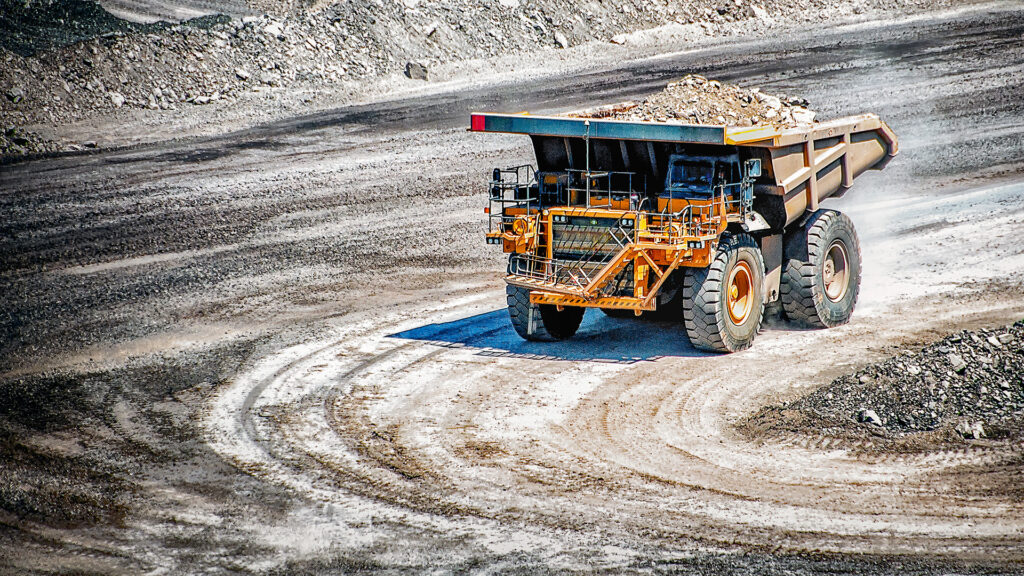Opportunities & threats for Myanmar investors
This article first appeared in the December 2012 issue of Resource Investor and is reproduced with their kind permission. www.resourceinvestor.com.
The year 2012 has seen a remarkable change of fortunes for the Republic of the Union of Myanmar. In April, by-elections held for 46 parliamentary seats were widely regarded as vital for the country’s transition from half a century of military rule, and a key component of the state’s 2003 “Roadmap to Democracy.” President Thein Sein’s willingness to embrace reform has catalyzed an ease in economic sanctions imposed by the EU, Canada and the US.
The year 2012 has seen a remarkable change of fortunes for the Republic of the Union of Myanmar. (The name “Myanmar” was adopted as the official English name of the country, and was subsequently endorsed by the United Nations, in 1989. It is accepted by the Association of South East Asian Nations, China, Japan, India, Russia and Germany. The former name “Burma” is still sometimes used, most prominently by the governments of the United States, Australia, Canada and the United Kingdom, in protest of the legitimacy of the country’s military rule).
In April, by-elections held for 46 parliamentary seats were widely regarded as vital for the country’s transition from half a century of military rule, and a key component of the state’s 2003 “Roadmap to Democracy.” President Thein Sein’s willingness to embrace reform has catalyzed an ease in economic sanctions imposed by the EU, Canada and the US.
International opinion suggests that Myanmar’s isolation from the West is gradually drawing to an end. An abundance of under-exploited (or un-exploited) natural resources – including teak, oil and gas, gemstones and precious metals – has brought the country onto the foreign investment radar.
As with any frontier economy, however, the potential hazards of investing in Myanmar are not insignificant. Any investor wanting to partake in the latest Asian “gold rush” would do well to identify these risks and consider precautions to mitigate their downside.
The road ahead
Myanmar has taken its first formative steps towards democratization. Headline events such as the release of figurehead Aung San Suu Kyi from house arrest in 2010, and her election to the House of Representatives in 2012, have been complemented by the release of other less prominent political prisoners.
New legislation has been tabled allowing peaceful protest and the formation of unions. Plans are underway to subscribe to the increasingly prominent Extractive Industries Transparency Initiative, seen as a significant means of curing the country’s endemic corruption.
Political reform has been coupled with efforts to modernize Myanmar’s economy, although this too is in its infancy. An International Monetary Fund (IMF) mission in November 2012 concluded that the institution of a managed floating exchange rate and relaxed restrictions on private banking have been noticeable factors in accelerating growth and keeping inflation in check.
The Foreign Investment Law enacted on 2 November 2012 is expected to set the tone for first movers investing in Myanmar. While the government has yet to release an official English translation, unofficial indications are that the Myanmar Investment Commission (MIC) will have a broad discretion to allow foreign ownership of investment ventures to be at any level. The MIC will also have the discretion to dictate the minimum investment amount for a venture.
Foreign investors should take comfort from a mandated five-year tax holiday, and an apparent state guarantee against nationalization. New foreign investment rules are expected to build upon this legislation before the end of January 2013.
Sanctions – are they really gone?
While it is true to say that in general terms Western countries have relaxed their stance on trade with and investment in Myanmar, there exists a number of carve-outs of which investors should be aware.
It is important to note that in the vast majority of cases, countries have suspended rather than completely removed sanctions against Myanmar. The possibility of reinstating sanctions will likely serve as a chief incentive for Mr. Thein Sein’s government to sustain and develop the reform process.
The position in Europe, the United States & Canada
European Union
The EU has had a sanctions regime in place against Myanmar since 1996. Its policy has tightened successively in the past five years, following reactions to the state’s violent suppression of political protest and Aung San Suu Kyi’s extended house arrest.
European sanctions included:
- A comprehensive ban on imports of a wide range of products (including coal, timber and certain metals) from Myanmar, and investment in these industries.
- A prohibition on exporting certain equipment, especially armaments, or providing certain services to targeted industries in Myanmar.
- Asset freezes on all persons designated as involved in impeding Myanmar’s transition to democracy.
On May 14, 2012, the vast majority of the EU’s import, export and investment sanctions were suspended until April 30, 2013 (Pursuant to Council Regulation No. 409/2012 dated 14 May 2012). A prohibition on the supply of equipment which could be used for internal repression and the arms embargo were not suspended. Targeted asset freezes also remain on selected individuals.
United States
The US has been the foremost proponent of sanctions on Myanmar, having first imposed an arms embargo on the country in 1993. Restrictions on imports and investment, with a focus on gemstones, have ramped up over the past decade. The Office of Foreign Assets Control (OFAC) has been the chief administrator of the sanctions regime (Embodied in the Burmese Sanctions Regulations (31 CFR Part 537)).
US sanctions included:
- An outright ban on new investments, bilateral and multilateral assistance.
- A prohibition on all imports.
- Asset freezes and visa bans on certain individuals.
- Restrictions on the provision of financial services.
Secretary of State Hillary Clinton announced the suspension on May 17, 2012, of financial and investment sanctions on Myanmar. In an effort to sustain the momentum of change, President Obama ordered enhanced powers to sanction those deemed to be undermining the reform process (‘Executive Order Targeting Persons Threatening the Peace, Security, or Stability of Burma’ dated 11 July 2012).
In turn, OFAC has issued licenses authorizing new investment in and export of financial services to Myanmar. Furthermore, it has largely waived the ban on imported goods. In the spirit of fostering corporate and governmental transparency, US persons engaging in new investments in Myanmar valued at over US$500,000 will be required to satisfy certain public reporting requirements (General Licenses Nos. 16 & 17 dated 17 July 2012; General License No. 18 dated 16 November 2012).
Prohibitions still remain on dealing with proscribed persons and entities. There is a ban on providing funds to the Myanmar Ministry of Defense, military or paramilitary groups, and entities connected with or owned by these bodies. Importing Myanmar jadeite and rubies remains prohibited, and the arms embargo will continue.
Canada
In Canada, most sanctions were suspended on April 24, 2012. There still exists an asset freeze on certain Myanmar nationals and an arms embargo remains in place. Certain transactions will require a license, such as providing development assistance and participating in deals aimed at dispersing the assets of designated persons (Issued under the Special Economic Measures (Burma) Permit Authorization Order (SOR/2007-286)).
Risk assessment
Politicians and economists are quick to point to the major upside Myanmar enjoys due to the progress detailed above. Nevertheless, there are a variety of risks that any potential foreign investor should be careful to identify and take into account before sealing the deal.
- Regulatory uncertainty. The framework for setting up and maintaining a vehicle for foreign investment in Myanmar – especially in the natural resources sector – is opaque and unsettled. It remains to be seen how the new Foreign Investment Law and its accompanying rules will work out in theory and in practice.
- Corruption and the rule of law. Myanmar is notorious for being one of the most corrupt nations in the world. The hope is that reforms and modernization will reduce corruption over time. In the present day, however, international companies face the challenge of complying with extra-territorial legislation such as the UK Bribery Act and the US Foreign Corrupt Practices Act. In addition, there are doubts surrounding both the impartiality and competence of the Myanmar judiciary.
- Political risk. Myanmar’s Roadmap to Democracy is still in its early stages. The military remains politically dominant, having become entrenched by the 2008 Constitution. The process of reform may face internal resistance, and there is no guarantee that the state will allow progress to continue at the same pace or to the same extent as the Roadmap envisages. As a corollary, there is a consequent risk that sanctions will be reinstated if the international community senses a roll-back.
- Finance and infrastructure. Myanmar is in desperate need of large-scale investment in basic infrastructure, including transport, telecoms and electricity. Government control of the banking sector has meant that private provision of finance is virtually non-existent. Finance and infrastructure will need to develop at a greater pace if investment in extractive industries is to increase.
Protection strategies
In light of factors explained above, foreign investors into Myanmar would be wise to employ a range of risk mitigation strategies.
- Professional help. Seek legal and financial advice on the outset of feasibility investigations.
- Knowledge is power. Conduct thorough due diligence on the field of investment and the surrounding market and regulatory framework. A friend indeed. Examine not only the relative strengths of your local investment partner, but the strengths of the joint venture agreement itself. Protect your position with pre-emption rights, defined exit clauses and anti-dilution provisions. Furthermore, always bear enforcement issues in mind.
- Risky business. Political risk insurance and business interruption insurance are two products which can help hedge the risk of deteriorating local conditions.
- Gold standard. As mentioned above, foreign investors will likely fall under extra-national anti-corruption and transparency legislation. Ensure best practice corporate governance is exercised in every jurisdiction.
- Solid foundation. Structure the international investment to take advantage of tax efficient schemes and investment treaties.
The end of Myanmar’s isolation from the West presents foreign investors with a great deal of opportunities, but not without substantial risk. Just as the Myanmar government is not jumping headlong into wholesale political and economic reform, so too should potential investors not act too hastily. Prudence will be key in what may prove to be a lucrative yet ultimately uncertain environment.
Download a PDF version of ‘Opportunities u0026 threats for Myanmar investors’










